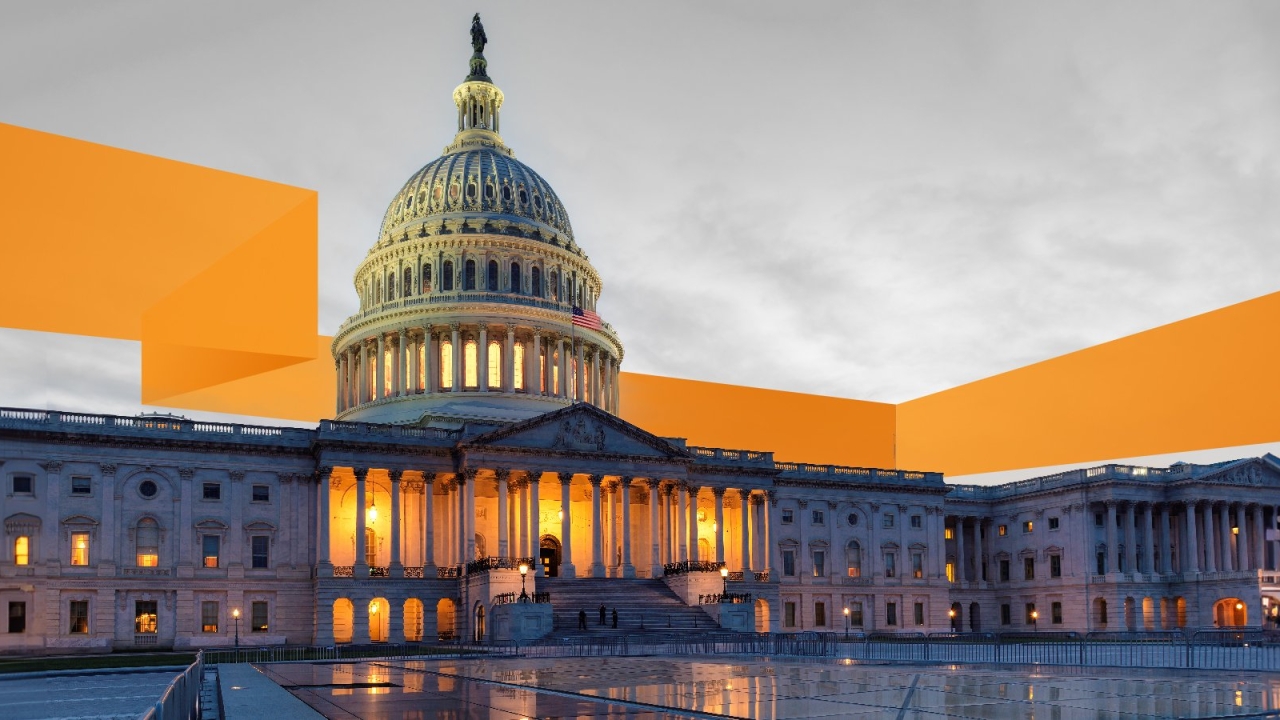Navigating the Maze: Federal Government Wi-Fi Security
Posted on 20 July, 2024 by RUCKUS Networks

The United States federal government operates a vast network of computer systems and facilities, all requiring secure and reliable Wi-Fi access. Unlike connecting to your home Wi-Fi, federal government Wi-Fi prioritizes robust security measures to safeguard sensitive data and government operations.
Understanding the Landscape
There's no single, unified "federal government wifii." Different agencies within the government maintain their own Wi-Fi networks, each following strict security protocols established by central authorities. These protocols are often classified information, but here's a general overview of what to expect:
Multi-Layered Security: Federal Wi-Fi networks employ a layered defense, including strong encryption (often WPA3 or higher), access control measures, and network segmentation to isolate sensitive data.
Authentication and Authorization: Connecting to a federal government Wi-Fi network typically requires multi-factor authentication and authorization procedures to verify user identity and access privileges. This might involve government-issued smart cards, biometrics, or additional security tokens.
Guest Access (Limited): Some federal buildings may offer limited guest Wi-Fi access with restricted functionality and internet access. This guest access will have even stricter security measures in place.
Monitoring and Auditing: All activity on federal government Wi-Fi networks is closely monitored and audited to detect suspicious activity and potential security breaches.
Who Uses Federal Government Wi-Fi?
Federal government Wi-Fi is primarily for authorized users, including:
Government Employees: This includes both civilian and military personnel who require network access to perform their official duties.
Contractors: Contractors working with the government may be granted temporary access depending on their project requirements and security clearances.
Visitors: In some cases, authorized visitors with a legitimate purpose may be granted limited guest Wi-Fi access.
Public Wi-Fi and Security Concerns
While federal buildings may offer guest Wi-Fi, it's crucial to exercise caution when using public Wi-Fi networks. Here's why:
Unsecured Connections: Public Wi-Fi networks may not be encrypted, leaving your data vulnerable to interception.
Malware Risks: Malicious actors may set up fake Wi-Fi hotspots to steal user data.
Limited Functionality: Guest Wi-Fi often has limited functionality and may block access to certain websites or services.
Alternatives to Public Wi-Fi
If you need internet access while visiting a federal building and guest Wi-Fi isn't an option, consider these alternatives:
Mobile Hotspot: Use your mobile phone's data hotspot feature to create a secure connection for your devices.
Wired Connection: In some cases, wired internet connections may be available for authorized users.
The Takeaway
Federal government Wi-Fi prioritizes security above all else. Understanding the access protocols and security measures in place is crucial for authorized users. However, for visitors and the general public, caution is advised when using public Wi-Fi networks. Always prioritize secure connections and avoid transmitting sensitive information on unencrypted networks.
For more info. visit us: